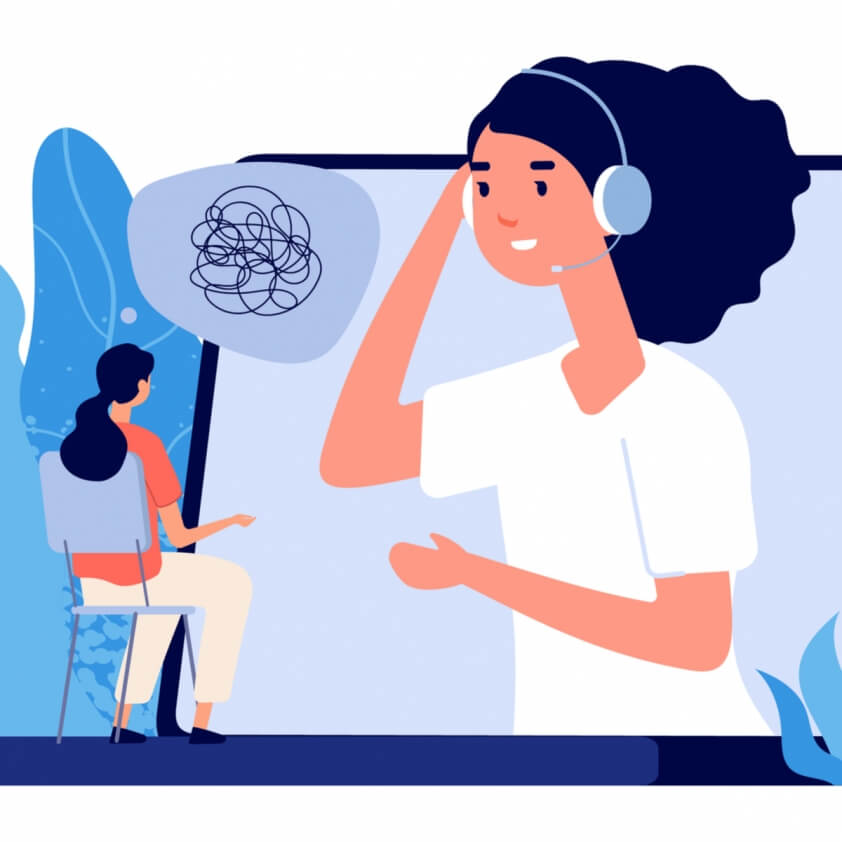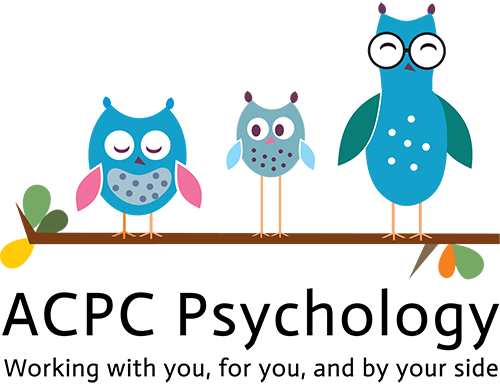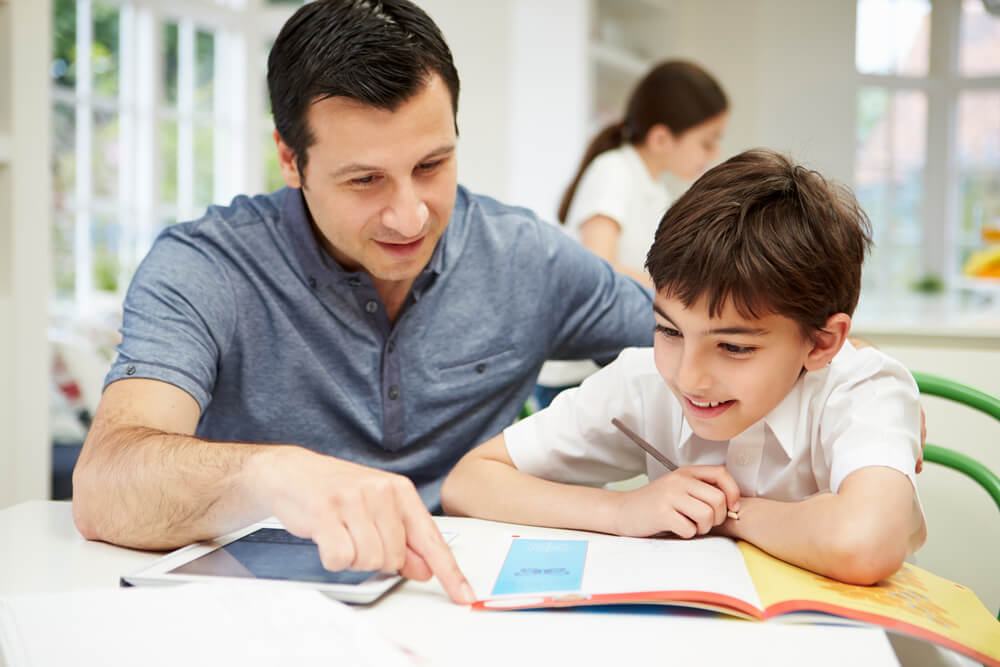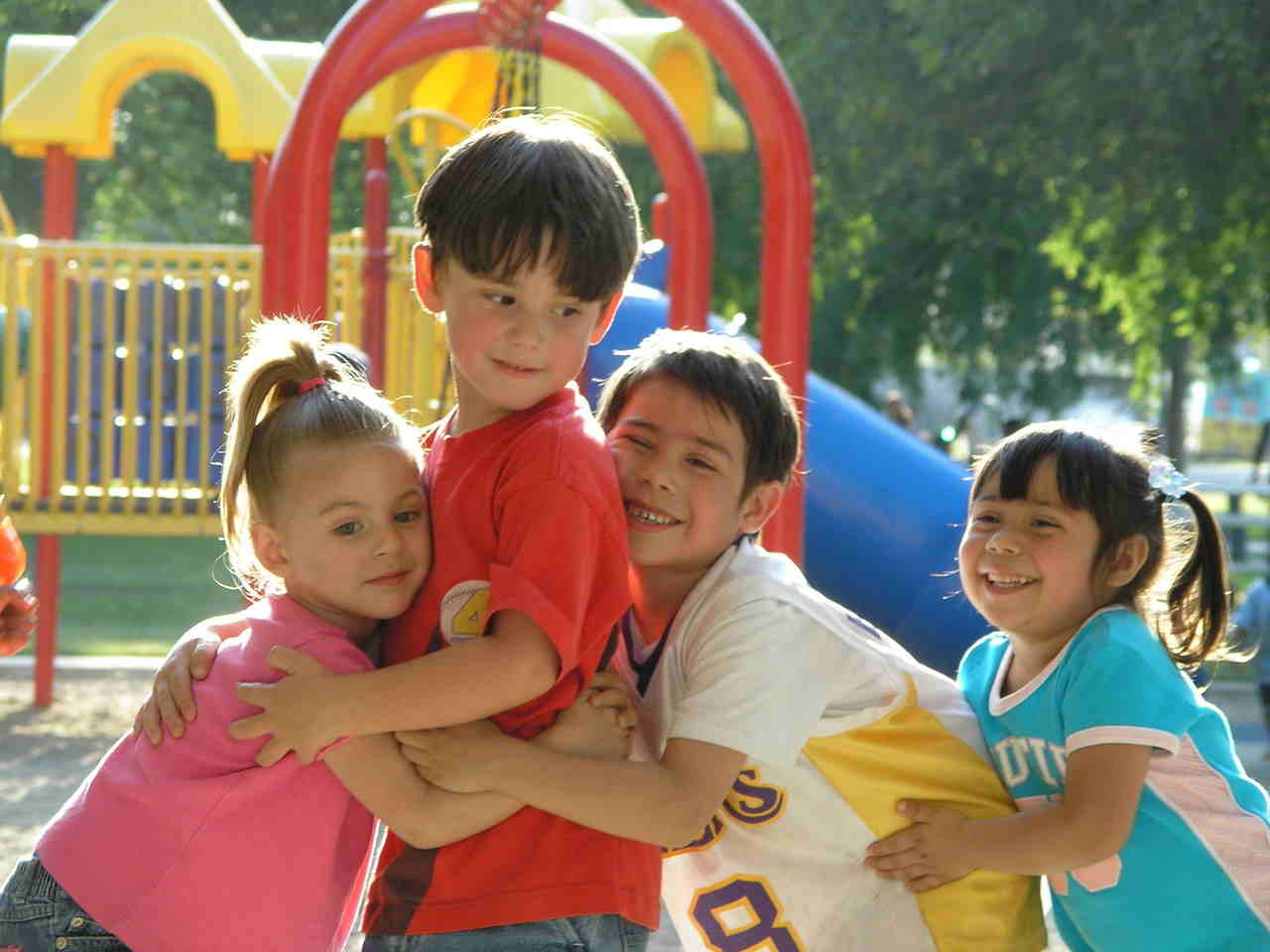Online Therapy with Kids, Teens & Pre-teens: The Verdict

When COVID hit the world, and Australia, the shift to online has been quite overwhelming for the whole population including businesses, education and the health sector. Where previously we had used online sessions with clients in different states or in remote regions, our clinic had to quickly make the shift to conducting online sessions with most clients in a matter of weeks following lockdown laws. As an essential service, we continued operating both face to face as well as online to ensure we encourage people to stay home to reduce COVID spread whilst adhering to infection control policies in line with the Department of Health.
When it comes to conducting an 'online' face to face sessions with adults, this is usually not a big challenge, as they have the ability to communicate, listen and attend throughout the 50-minute session. Working with children online however has been a learning curve particularly with the younger age range (4-9-year-old) given their difficulties in regulation and attention as well as need for movement and requirement for hands on play activities. In contrast, delivering 'online' face to face sessions with older primary school children, adolescents and young adults has been successful on the most part and more so where there had been a previous rapport established.
The following lists a summary of our experience and what we learned delivering online services with our clients based on age and presentation.
ONLINE SESSIONS WITH YOUNGER KIDS: PARENTS NEED TO BE INVOLVED
With the younger population, parents often needed to be involved due to several reasons including (but not limited to); experiencing technical issues, containing the siblings, the child going off the screen or losing attention/ becoming distracted with surroundings.
Similar to 'physical' face to face therapy, 'online' face to face sessions needed to be structured and interactive. Working with the parent given the circumstances and setting up a suitable space (e.g. limited toys, siblings cannot access) for kids to log onto their online session was ideal but not always possible. Parents may also need to be readily available to provide the supplies for young kids (e.g. craft, building, dolls, etc.), to assist with any technical issues or to help redirect younger kids during their 'online' face to face interaction.
Some kids embraced the online experience as they even seemed thrilled to show off their house, room, pets and favourite items! Although this would take away the focus on the session content at times, for them it meant allowing the psychologist to ‘enter their world’ which was very different than them coming in to see the psychologist at the clinic.
THE VERDICT: With preparation from the therapist and in collaboration with the parent, 'online' face to face therapy is doable and effective. Kids were generally comfortable with using technology and may in fact prefer it nowadays. Many clinicians and therapists have even reported that 'online' service delivery was ‘going really well for their clients’, and found creative ways to engage younger kids through interactive tools (physical or online). Like many 'physical' face to face sessions, it was also possible to clinically screen and assess a child-parent interaction and the child's overall development (i.e. their attention, regulation, social interaction) through an online medium in combination with behavioural and clinical assessment tools provided to parents and caregivers.
ONLINE SESSIONS WITH OLDER CHILDREN AND TEENS: CASE BY CASE
Sessions with new young people in general required parents to be present given that rapport was not yet established with the young person. This does make sense as most of their interactions online would generally be with familiar others that they have met and have established some sense of trust and rapport with. Inviting a complete stranger into your living space including your home and room, can be somewhat ‘odd’ and confronting especially for those with social and emotional difficulties!
'Online' face to face sessions with older kids and teens differed depending on the young person’s presentation and/or personality. For example, talkative and bubbly personalities seemed comfortable in their own room, chatting away online and jumping from one topic to another whilst they sat around seemingly at ease in their surroundings, sharing information spontaneously and excitedly. In contrast, socially anxious young people seemed more emotionally flat and appeared somewhat uncomfortable. Given their heightened anxiety regarding their performance and social interactions, they do not usually ‘dig the spotlight’ (whether it be a 'physical' or 'online' face to face therapy sessions), as anxiety levels are usually bound to increase regardless of type of service delivery. On the other hand, some socially anxious kids found ways to cope with being in the spotlight such that they would place more effort into their 'online' presentation (e.g. groomed their hair, changed into a well-presented outfit) which may have helped in building their confidence during session!
Overall, both extroverted and introverted personalities responded well to items shared in screen share as well as 'online' based joint activities. Some even preferred the 'online' face to face option as this also meant logging on from their 'safe space', not having to travel to the clinic and not missing out on any of their activities or their study time due to travel. One important aspect of working with young people particularly with teens, is ensuring that they have space for privacy and confidentiality and there is evidence of their whereabouts, especially for those high-risk clients (e.g. risk of self-harm, conduct behaviours etc.). Sessions could therefore be started off at home with a catch up with both parent and teen or otherwise deciding with the teen and parent on a ‘known and safe place’ when logging onto their 'online' face to face session and having emergency contact details readily available in case they were at any risk of safety.
THE VERDICT: Without the established rapport, some older children and teens were often hesitant to communicate 'online' with someone unfamiliar but seemed generally okay if a parent was present with them, even just to start with. Teens and preteens who had adequate language and communicative skills, attention and regulation seemed to enjoy 'online' face to face sessions, particulalry if they were not socially anxious, unless attention was swayed away from them through activities via screen share or online gaming. In some cases, rapport was even better established with some young people as they communicated comfortably from their own 'safe space' where they may even feel more safe and secure in their own surroundings.
OVERALL VERDICT: As hesitant as we may be in regards to whether or not 'online' face to face therapy may be a suitable medium for accessing therapy for kids and teens, despite some minor limitations, our experience is that using an online medium offers accessibility, flexibility and consistency allowing the opportunity to access/ continue accessing quality based therapy regardless of location!
Like any session being delivered, it requires preparation from the therapist and creative ways to display content (e.g. screen share materials and resources). In the cases of younger children, it may also require some preparation with the parent prior to the session regarding the space, resources required etc. Moreover, making the call as to whether shorter session duration and more frequent sessions with the child requiring the therapy may be more suitable. This can of course be discussed with the parent and is usually decided on a case by case basis.
Nevertheless, our psychologists at ACPC are excited to be able to deliver quality services 'online' face to face therapy to children, young people and their families regardless of their geographical location!
Please do contact our clinic should you have any questions regarding our 'online' services offered at our clinic.
Written By: Azza Brown, Principal Clinical Psychologist, Educational and Developmental Psychologist
HELPFUL RESOURCES
SOCIAL STORY ON COVID FOR YOUNGER KIDS
https://www.mindheart.co/descargables
CORONAVIRUS: INFORMATION FOR AUSTRALIANS
https://www.psychology.org.au/COVID-19-Australians
ONLINE COUNSELLING: PROS AND CONS
https://schools.au.reachout.com/articles/online-counselling-pros-and-cons



